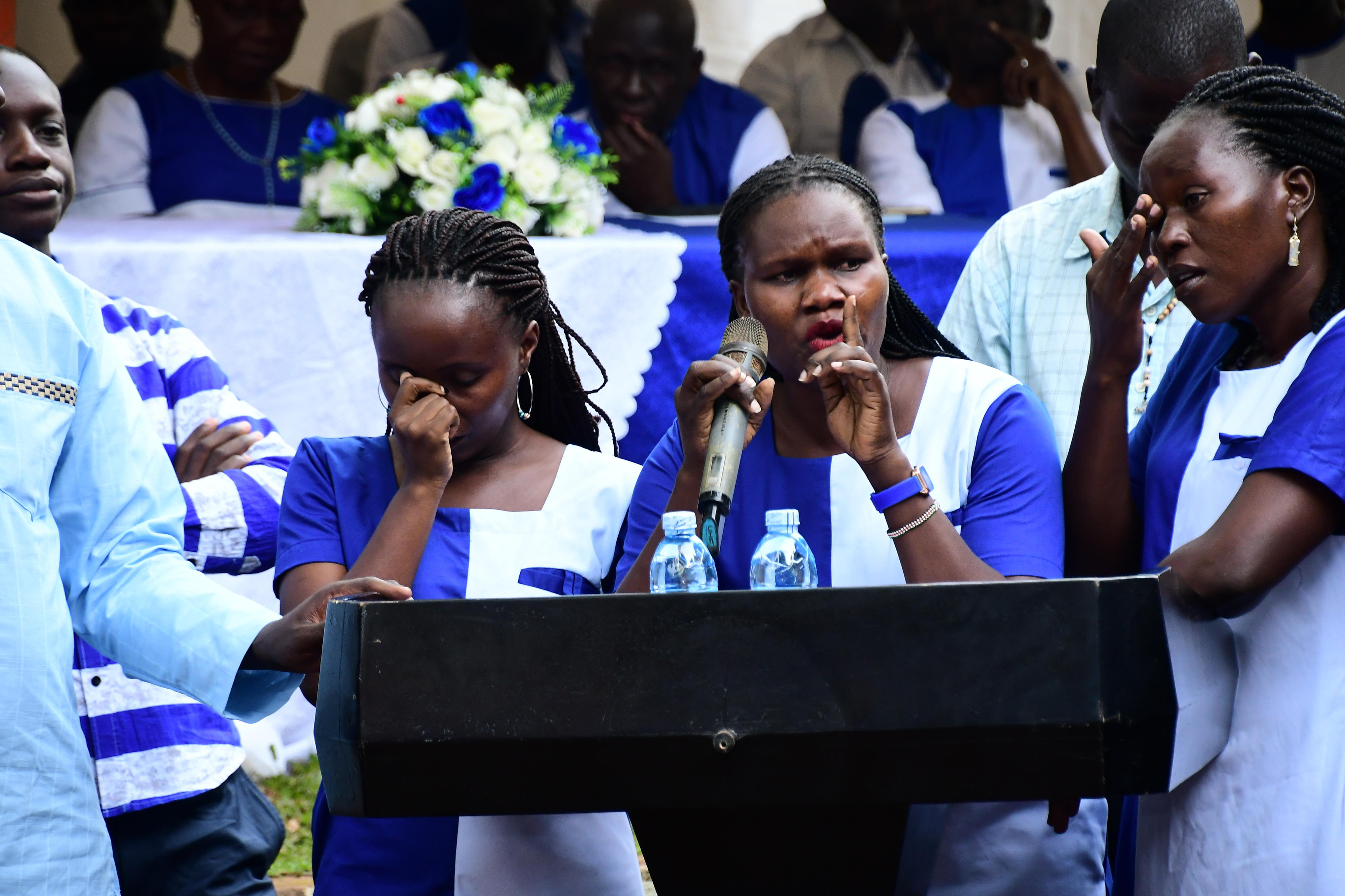Oil palm growers on the spot over destroying forests

What you need to know:
- Mr David Kyeyune, the country manager for Solidaridad, said they plan to train 650 unit leaders on sustainable palm oil management practices, climate-conscious agriculture, carbon farming, and trade. “We are looking at integration of agroforestry practices in the oil palm production,’’ he said.
Environmentalists have expressed concern over the disappearing forest cover on a large acreage of land currently occupied by oil palm plantations.
The palm oil project, which started in Kalangala nearly two decades ago, has since been extended to Buvuma and other districts, including Mukono, Masaka, Kyotera, and Mayuge, which are being considered under the second phase.
Mr Robert Aguma, the environment health and safety manager at the National Oil Palm Project (NOPP), said farmers who have planted oil palm in buffer zones, especially on the island district of Kalangala, have largely depleted the environment and need to be guided.
A buffer zone is an area of land designated for environmental protection.
According to the National Environment Management (Nema), any human activities within the 200-metre buffer zone needs clearance from Nema.
“Water levels have risen, we no longer see the original lowest water marks of Lake Victoria,’’ Mr Aguma said during the launch of a sensitisation campaign in Kalangala District on Saturday.
“Good enough, we have identified farmers in the buffer zones, mapped them, and are being taken through sensitisation based on management practices,” he added.
Going forward, Mr Aguma said oil palm farmers are going to be sensitised on the sustainable use of buffer zones to avoid affecting the quality of water in Lake Victoria and also stop applying fertilisers within the 200-metre zone.
“For example in Buvuma, the National Forestry Authority is working with locals to open boundaries and mark central forest reserves,” he said.
“In areas where farmers have already planted oil palm trees like in Kalangala, we have advised them to uproot and replant in other areas,” Mr Aguma added.
The NOPP official said to effectively enforce standards and protect the environment, the government has enlisted the services of Solidaridad East & Central Africa, an international network organisation, working in more than 40 countries with seven regional offices on five continents.
“Our target is to have a modern oil palm industry that adheres to contemporary environmental and social standards,” he said
Kalangala District chairperson Rajab Ssemakula said farmers have over the years been planting oil palm and rice within the buffer zones, wetlands, and clearing forests in disregard of environmental protocols.
“Many farmers have been reluctant to leave buffer zones, they only keep away for two weeks and again start planting new crops,’’ he said.




